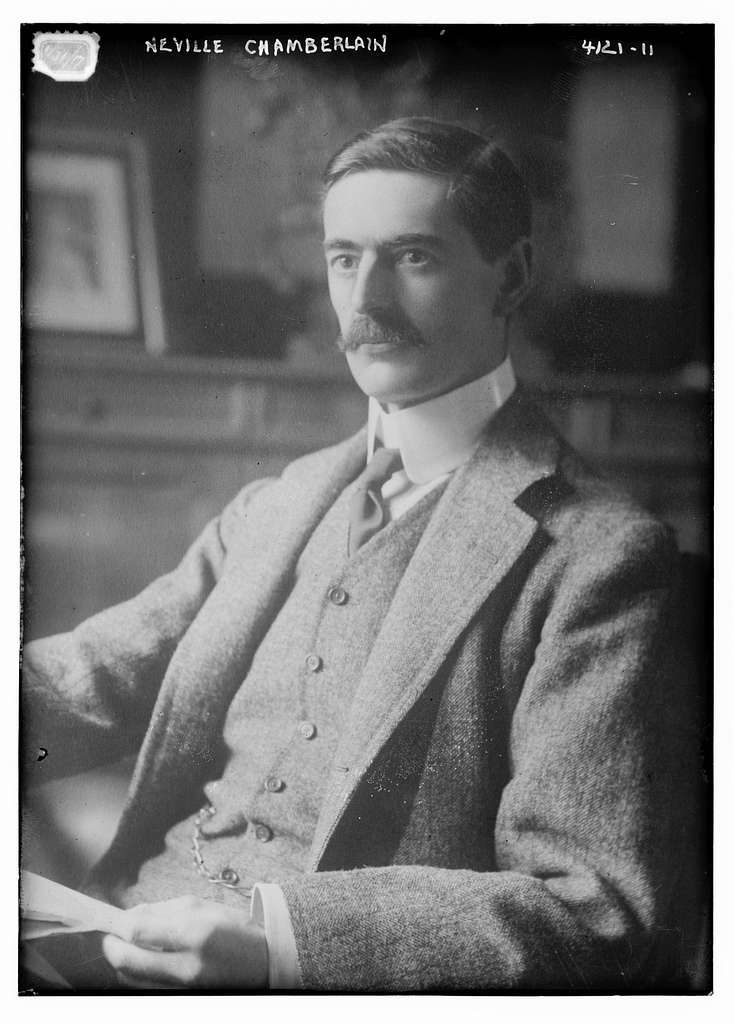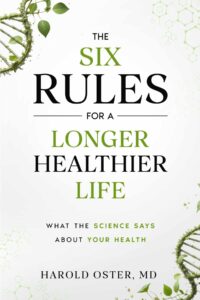Appeal to Authority Fallacy

Appeal to Authority Fallacy
The Appeal to Authority or Argument from Authority fallacy is when someone claims something is true because some authority figure said it was so. It is among the worst mistakes that one can make because it prevents further discussion on the issue in question. Carl Sagan said, “One of the great commandments of science is, ” Mistrust arguments from authority.” … Too many such arguments have proved too painfully wrong. Authorities must prove their contentions like everybody else.” This is a good site for the explanation of common fallacies.
Think about how many experts have been proven wrong—you don’t have to go back very far. Advice on masks during the initial outbreak of COVID-19 changed several times. I don’t believe Dr. Fauci or anyone else purposely deceived us. It was just that our knowledge changed. Authorities must prove their contentions like everybody else.
Certainly, I pay more attention to a scientific opinion from a scientist speaking in their field than a celebrity on the risk of vaccines. Still, I don’t believe something valid until there is better evidence than a pronouncement. Scientists are fallible. Health experts thought margarine was healthier than butter for many years. Now we know that trans-fat in margarine was far worse than butter. We used Crisco shortening because doctors claimed without evidence that it was healthier than lard. Trans-fat from margarine and shortening killed people.
The appeal to authority fallacy only says that you cannot trust something just because it was said by an authority. It doesn’t mean that what is said in a particular instance is untrue. A related error is the ad hominem fallacy, where something said by a non-expert or even a charlatan is said to be false because they were the ones who said it. You may hate President Biden or former President Trump, but if one of them said that lead is heavier than air, it doesn’t mean it’s false. Some say I am an authority on weight loss because I wrote a book. I believe I back up my recommendations with evidence. Don’t ever take my word on anything unless I present the data. Buy it at Amazon.
Major news websites post an appeal to authority argument almost every day. The headline starts, “According to expert…” The story will talk about the next pandemic or what will happen when China launches a cyberattack on the United States. Last year, news sites reported on military pilots who claimed to have seen alien spacecraft. No evidence was presented except that the authority said so. “Extraordinary claims require extraordinary evidence” is another quote by Carl Sagan. Before I believe in aliens visiting us, I need more evidence than what a pilot saw.
A form of the appeal to authority fallacy is an explanation that parents make to their children. I cringe when I hear a parent say, “Because I said so.” Yes, there are times when a parent doesn’t have time to give a better explanation, but there are better reasons for your teenager to wear a seatbelt than that their father said so. We shouldn’t necessarily believe everything our parents or anyone tells us until we have some supporting evidence.
Sometimes, the appeal to authority fallacy hurts people. A current example is when experts claim vaping nicotine is as dangerous as smoking cigarettes. They say that nicotine is addictive as if that answers the question. Caffeine is addictive, yet it is legal for anyone of any age. Vaping nicotine can affect brain development in adolescents, and I am not saying that vaping, is safe, but smoking cigarettes kills over 400,000 Americans per year. I have not seen evidence that vaping does that. Since vaping can help some people quit smoking, so maybe we should tell people that if they can’t quit smoking, vaping could be a safer option. Telling them vaping is just as bad could keep more people smoking cigarettes.
The point of this post is that you should not believe what people say, even an authority, just because they said it. In medical school, I checked what the professors said if it didn’t sound right, and it was not uncommon that they were wrong. It is rare that professors or authorities purposely spread untruths, but everyone makes mistakes, even the President of Harvard. If you read an article online and the only evidence presented is the word of someone else, don’t believe it.
These are easily found examples. We tend to believe the experts we want to believe, and disregard the rest. We should listen to experts because they are usually correct, but we should confirm what they say when possible. Always keep in mind that extraordinary claims require extraordinary evidence.

